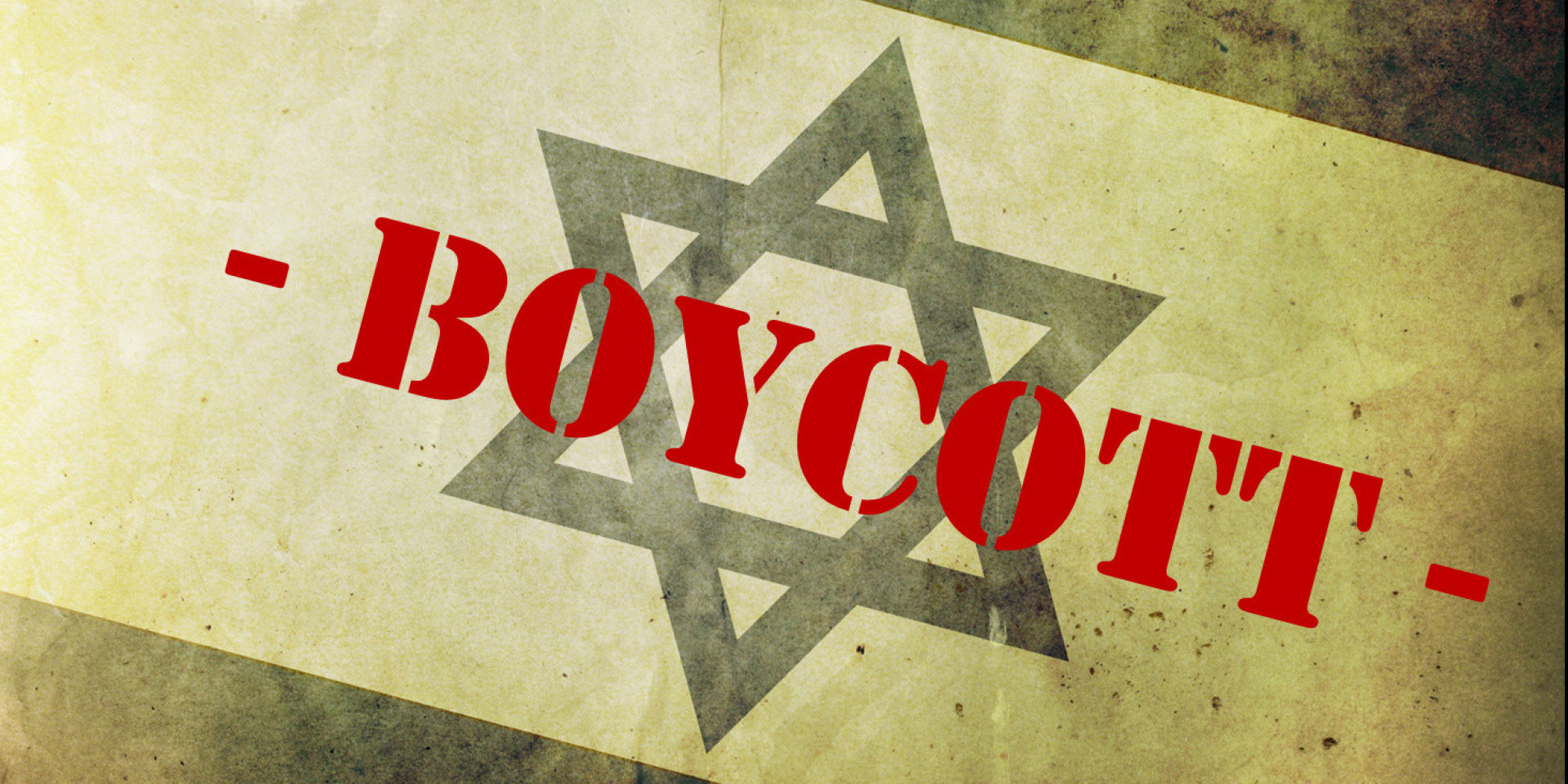Carlo Petrini: Food, glorious food

Food is now often treated as fuel for the body, rather than one of life’s great pleasures and an essential part of our identity, says Carlo Petrini
If Ludwig Feuerbach was right and we are what we eat, then we only have to take one look at how billions of people feed themselves to realize that the human race is probably regressing.
The exponential increase in agricultural productivity over the past half-century has resolved the dietary deficiencies that millions suffered until World War II in many, though not all, parts of the world. However, we have also lost sight of the importance of food quality, its ecological and social sustainability, and its cultural significance.
The staff of life
Food is one of the mainstays of life; many of our activities are still linked to its production, distribution and consumption. It should, therefore, be a priority for governments. Unfortunately, there seems to be just one food-related concern: security. This is sometimes interpreted, in the Anglo-Saxon way, as a guarantee of sufficient food for all, or in the Latin way – that it is healthy, wholesome food.
Security is important, but it is not the only concern. There is an obsession with increasing production without considering that food is life, a part of one’s identity, a language and even a form of diplomacy. We must give priority to food in holistic terms, reflect on what food is, what it represents for thousands of communities around the world, and on how it is intimately connected to our lives as producers, distributors and consumers.
This holistic way of looking at food, which is championed by the Slow Food movement and its 100,000 adherents, is indispensable. If more people shared our perspective, it would alter every strategy, every programme and every policy decision related to food.
The pursuit of pleasure
This holistic viewpoint is something that even the Slow Food movement came upon slowly, perhaps appropriately. When we started out, we defined ourselves as an “international movement in defence of the right to pleasure”. Pleasure had been overlooked in serious assessments of food. This is partly because pleasure is so often associated with sin. It is no coincidence that gastronomy has been relegated to popular magazines, shorn of its serious connotations and banished from seats of learning. Yet to study gastronomy is to examine the production, distribution and consumption of food and to investigate food cultures and their people.
At the beginning, the Slow Food movement concentrated on the intimate appreciation of food, the sensual savouring of the look, smell, taste and even texture of good food. Our senses have become atrophied by artificial aromas, stabilizers, thickeners and unnatural production processes. Standardized flavours have generated a dreary succession of tastes in a sea of ever-multiplying sensory stimulation.
A gastronomist who puts his senses to work will find he is looking at the world around him with new eyes. However, it is hard to know food properly nowadays due to the rupture between the act of industrialized and mass-production of food and the act of consumption.
The food chain
We at Slow Food have, therefore, moved on from the “defence of the right to pleasure”. The post-war shift in food production is why Slow Food has moved from a concentration on the sensual pleasure of food to embracing the entire network of activities associated with food: its history and traditions, how and where it is produced, in what environment and by whom. From celebrating the act of the leisurely consumption of food – as something pleasurable and convivial – Slow Food went back to look at the product and all that it consists of, until we reached the producers themselves.
In the process of finding products, regions and peoples, we have become aware that many of them are in danger. Biodiversity itself is at risk of disappearing, taking with it infinite amounts of gastronomic knowledge: from how a vegetable is cultivated to how it is cooked. This loss is gastronomic, but it could also be called a biological and cultural loss.
Everyone should be able to produce and consume the food he or she desires, as an expression of themselves, their culture and environment. It was in this spirit that Slow Food thought up and organized Terra Madre (literally “Mother Earth”). This international meeting of food communities in 2004 gave birth to a new multinational network of simple food communities, represented not by politicians or institutions, but by their own members: the farmers, the fishermen and the craftsmen. These food communities continue to work proudly amid a plethora of difficulties in order to affirm their particular way of life, production and eating, in harmony with the earth itself.
Utopia
It is sad that our set of beliefs – sovereignty in matters of food for different peoples, food quality understood in holistic terms, obeying ecological imperatives in food production, respect for individuals and for the billions of farmers who continue to produce our food – may seem rather Utopian, because they stand in sharp contrast to norms of food production and distribution worldwide. Conventional food strategies, aimed solely at increasing production and profits, at first generated security in terms of feeding people, but they cannot be sustained. Not only does intensive farming destroy ecosystems, it is also failing to generate economic wealth. American and European farmers increasingly rely on hand-outs and subsidies, creating dependencies in the west and great social injustice for billions of developing-world farmers who cannot compete.
Our food policy would provide nutrition that tastes good, is environmentally kind and socially fair. This runs counter to the existing conventions of production and distribution. It is not coincidental that these same systems are to blame for having made our food tasteless, badly-distributed and detrimental to the earth’s future. Even so, we do not oppose globalization in itself. We do not advocate creating compartmentalized, self-sufficient little worlds each sealed off from the others. We do not want to return to a past where there were many other problems.
We advocate that people should eat as much local food as possible, maintaining cultural diversity. Diversity is the only creative force in the world, and to cultivate it and communicate it using the immense possibilities of a globalized world can only mean increasing the potency this force has.
International food distribution has to be rescaled. It must also be optimized with regard to ecological sustainability. It would be interesting to see what would happen to food distribution if air transport were taxed to reflect its immense environmental damage.
Field to table
If we localize food consumption, thus reducing as much as possible the distance from field to table, we will all, in both the richest and poorest of countries, soon discover that we have the potential to provide for our own needs without harming others. Once that point is reached, it would only be a question of providing for those in the greatest need, while at the same time respecting cultural diversity and food preferences.
For this to happen I imagine – and am trying hard to create – a vast network of self-determining local communities that communicate with each other and exchange products under non-invasive criteria, help each other in times of difficulty and maintain and hand on local food traditions. It will be a world where traditional knowledge enters into a dialogue with modern science, where it is not just its enemy, doomed to disappear; a world where consumers begin to feel almost like co-producers, because they know the food they eat and are able to ensure its quality and, in the case of livestock, its wellbeing, by the choices they make.
In practice, I imagine a network of gastronomists (and let’s once and for all rid that word of all its elitist and bourgeois connotations), with alert senses and an open and informed mind, who think of food as the cornerstone of quality of life and not simply as fuel for the body.
Food is more than this: it is pleasure, knowledge, community, communication, wellbeing, the ecology of mind and earth and peace. If we continue thinking of food as just a commodity – and one which we consume more and more of – we will condemn the human race to extinction.
CV Carlo Petrini
Carlo Petrini, an Italian activist, is president of the International Slow Food movement, founded in 1989. A sociologist, he first started writing about food and wine almost three decades ago.




